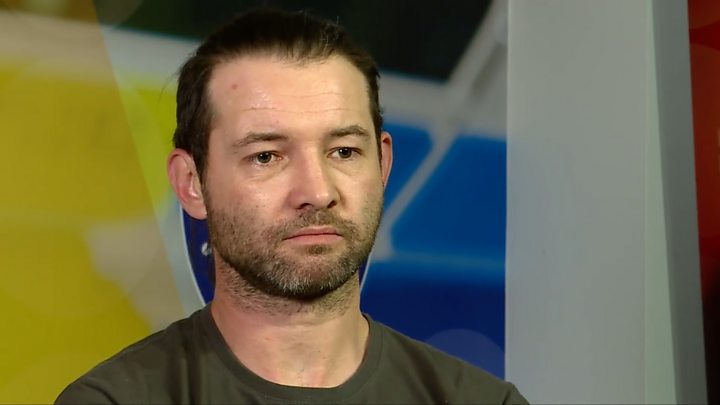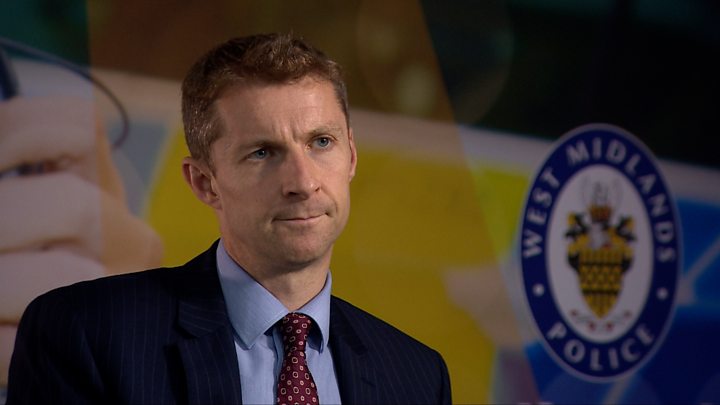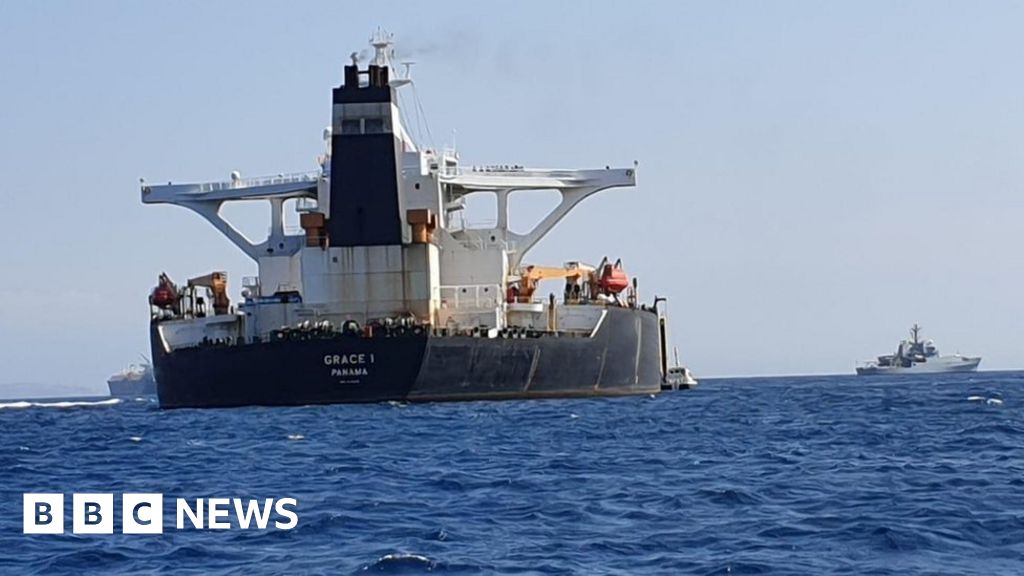LONDON — Boris Johnson, the front-runner to succeed Theresa May as Britain’s prime minister, has said he would require immigrants to Britain to learn English, echoing remarks made by Nigel Farage, the former leader of the populist U.K. Independence Party.
“I want everybody who comes here and makes their lives here to be and to feel British, that is the most important thing. And to learn English,” Mr. Johnson said on Friday at a gathering of Conservative association members, who are voting in a contest between Mr. Johnson and Jeremy Hunt, the foreign secretary.
“Too often there are parts of our country, parts of London still and other cities as well, where English is not spoken by some people as their first language,” Mr. Johnson said. “And that needs to be changed.”
Britain already has English-language requirements for many migrants from outside the European Union, and in the most recent national census, in 2011, 98.7 percent of people in England and Wales reported being able to speak English well. The lowest figure for any area was 91.3 percent, in Newham, an eastern district of London.

Mr. Johnson’s remarks were greeted with anger by lawmakers from Scotland and Wales, who represent areas where voters speak Gaelic and Welsh.
A legislator from the Scottish National Party, Angus MacNeil, derided Mr. Johnson as “moronic and clueless,” and compared his remarks to “arrogance of centuries past” that put down “native Celtic languages for the Germanic import.”
Mr. Johnson’s pledge underscored his alignment with Mr. Farage, who in 2014 complained of hearing too many foreign languages while riding on a train. “Does that make me feel slightly awkward? Yes it does,” Mr. Farage said then. “I don’t feel very comfortable in that situation, and I don’t think the majority of British people do.”
Mr. Farage, who declared himself retired from politics after the 2016 Brexit referendum but has since founded a new populist party that made a strong showing at the elections for the European Parliament in May, has been one of the loudest voices pushing for Britain’s exit from the European Union, set for October.
Mr. Johnson, also a hard-liner on Brexit, seems poised for a landslide victory when roughly 160,000 Conservative Party members vote for a new party leader, and by default, the next prime minister. He has the support of 74 percent of party voters, compared to the more than 26 percent backing Mr. Hunt, according to a poll by YouGov for The Times of London. Ballots are being sent by mail to the members, who must return them in time for the end of voting on July 22.
The voting, already heavily criticized for being open only to 0.3 percent of British voters, faced fresh attacks on Saturday when it emerged that more than 1,000 Conservative Party members had received duplicate ballots. Even the chairman of Mr. Hunt’s campaign told the BBC that he received two ballot papers. The British broadcaster, which revealed the duplicate mailings, said the party had been unable to determine precisely how many extra ballots it sent out.

[Read about the Conservative Party members who will chose Britain’s next prime minister.]
If the contest is close, that error could add to questions about the legitimacy of the next prime minister. The ballots tell members that “it is an offense to vote more than once,” threatening their membership if they do. But the rudimentary process — members submit paper ballots in the mail — makes it difficult to police.
In some cases, members received two ballots because they live and work in different constituencies or have changed their name after marriage. General elections in Britain make it illegal to vote twice and are overseen by an independent Electoral Commission, but this is not the case for the Conservative Party’s leadership contest, which is governed by internal party rules.
Party leaders warned that anyone voting more than once would be expelled.
Mr. Johnson has tacked to the right during the contest, reflecting the right-wing views of the Tory grass-roots members, who are — compared to the electorate as a whole — older, more likely to be white and male, and concentrated in the prosperous south of the country.
On Friday, he said he was proud of what have been called his “gaffes,” which include offensive and racist language: He once wrote that Queen Elizabeth II had become fond of the Commonwealth because she enjoyed being greeted by “cheering crowds of flag-waving pickaninnies.”
Very often, he said, “When people say you are making a gaffe, what you are really doing is saying some that is true and necessary.” Asked at a campaign event whether he had ever made any sacrifices in the public interest, Mr. Johnson seemed to flounder.
“I won’t be able, for instance, to rapidly complete a book on Shakespeare that I have in preparation,” he said, “and that means that unjustly neglected author will no longer get the treatment he deserves.”
https://www.nytimes.com/2019/07/06/world/europe/uk-boris-johnson-immigrants-english.html
2019-07-06 11:23:59Z
52780326330237



